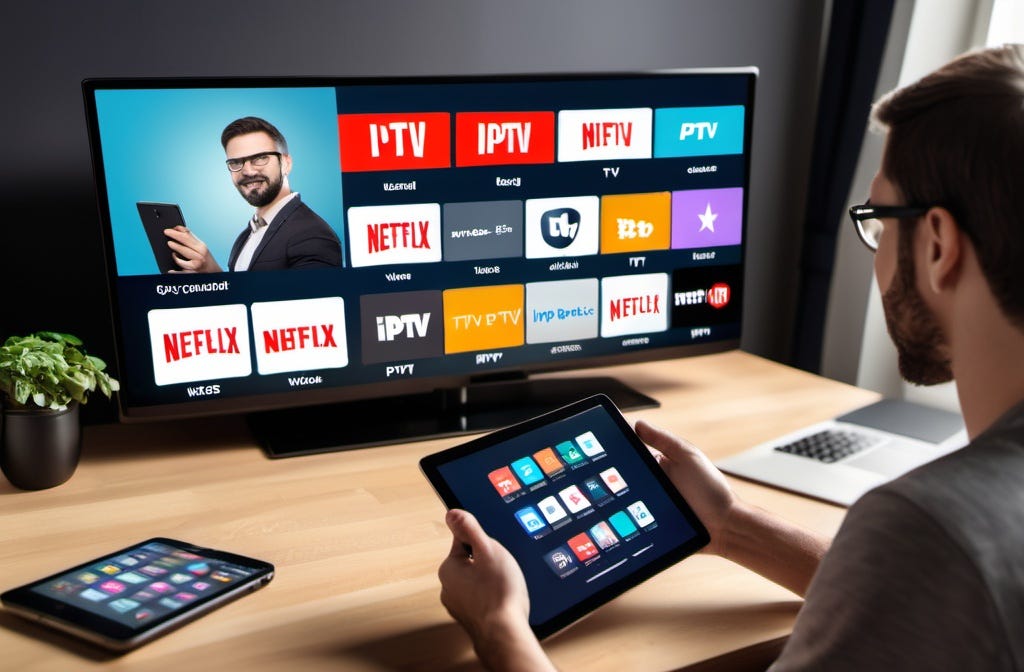IPTV, or Internet Protocol Television, is revolutionizing the way we consume television content, fundamentally altering traditional viewing patterns. Unlike conventional broadcast methods like cable or satellite, IPTV delivers television content via the internet, allowing for greater flexibility, personalization, and on-demand access. This shift from linear, scheduled programming to an internet-based, on-demand model has dramatically changed how viewers engage with their favorite shows, sports, and movies. One of the most significant advantages of IPTV is the ability to stream content on multiple devices from smart TVs and smartphones to laptops and tablets giving users the freedom to watch what they want, when they want, and where they want. This flexibility is further enhanced by features such as catch-up TV, time-shifted media, and video on demand VoD, which provide a more tailored and user-centric viewing experience.

The rise of IPTV is also reshaping the competitive landscape of the TV industry. Traditional broadcasters are facing increasing pressure from IPTV providers who offer a more cost-effective, customizable, and often ad-free experience. Streaming platforms like Netflix, Amazon Prime, and Hulu have already demonstrated the power of internet-based content delivery, and IPTV builds on that foundation by offering live TV and VoD within the same ecosystem. This has given rise to a cord-cutting trend, where consumers are ditching expensive cable packages in favor of more affordable IPTV services. The ability to bundle internet, phone, and TV services through IPTV also makes it an attractive option for consumers looking for streamlined, all-in-one solutions. Moreover, IPTV’s reliance on internet infrastructure allows for greater scalability and geographical reach, enabling providers to cater to a global audience without the limitations of physical cable networks. Another critical aspect of IPTV is its potential for content creators and niche markets.
With traditional broadcasting, content is often created for mass appeal, leaving little room for niche interests or specialized programming. IPTV, however, allows for the creation of tailored content that caters to specific audiences, which can be delivered directly to viewers without the need for major distribution deals. This democratization of content delivery is providing opportunities for independent creators, smaller production companies, and even individual hobbyists to reach an audience that would have been previously inaccessible through traditional television channels. The flexibility and low entry barriers of IPTV platforms mean that anyone with an internet connection and the right tools can launch their own TV channel or content stream, opening the door for a more diverse and varied range of programming. In conclusion, iptv uk is reshaping the television landscape, bringing greater convenience, personalization, and interactivity to viewers while challenging the dominance of traditional broadcasting methods.